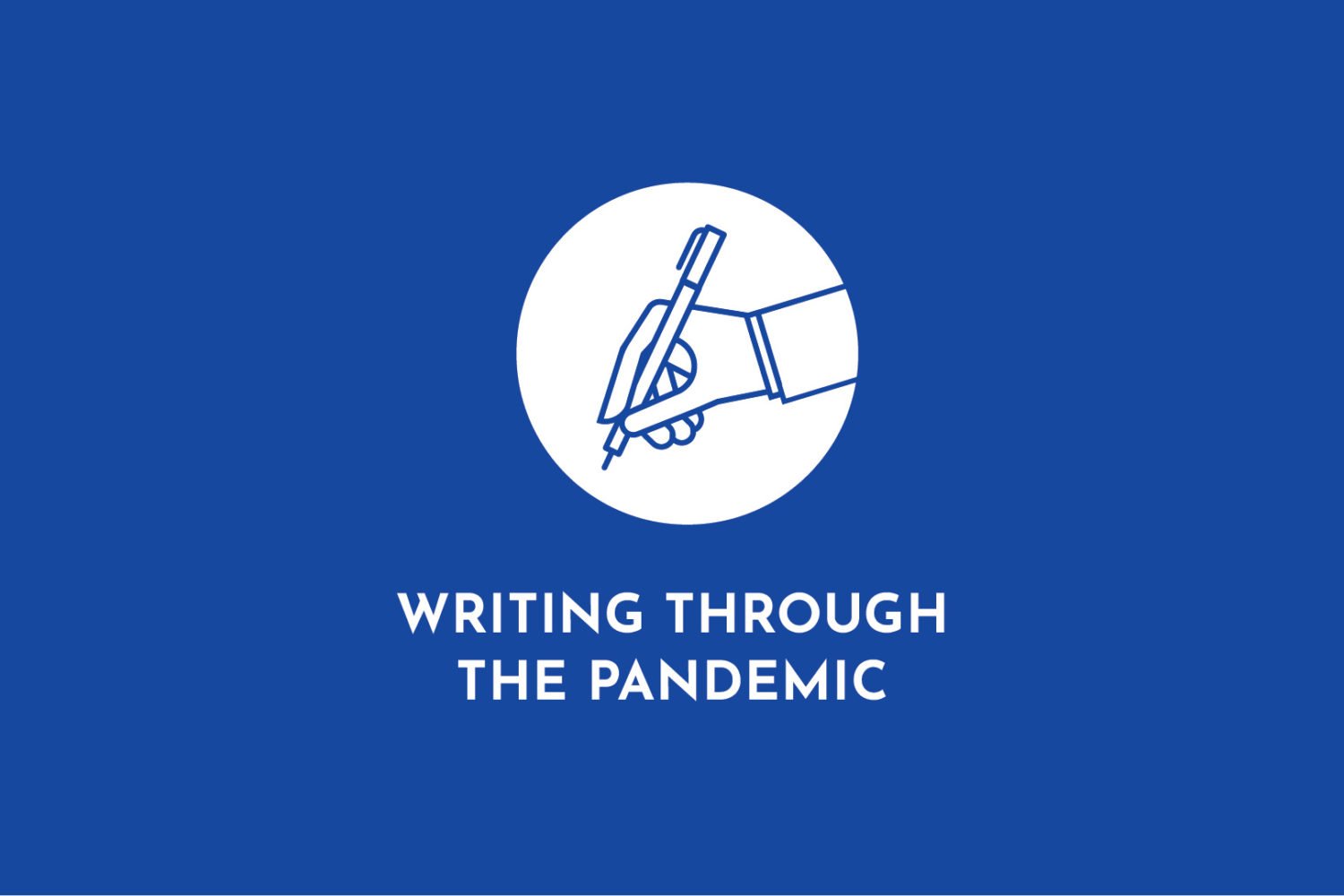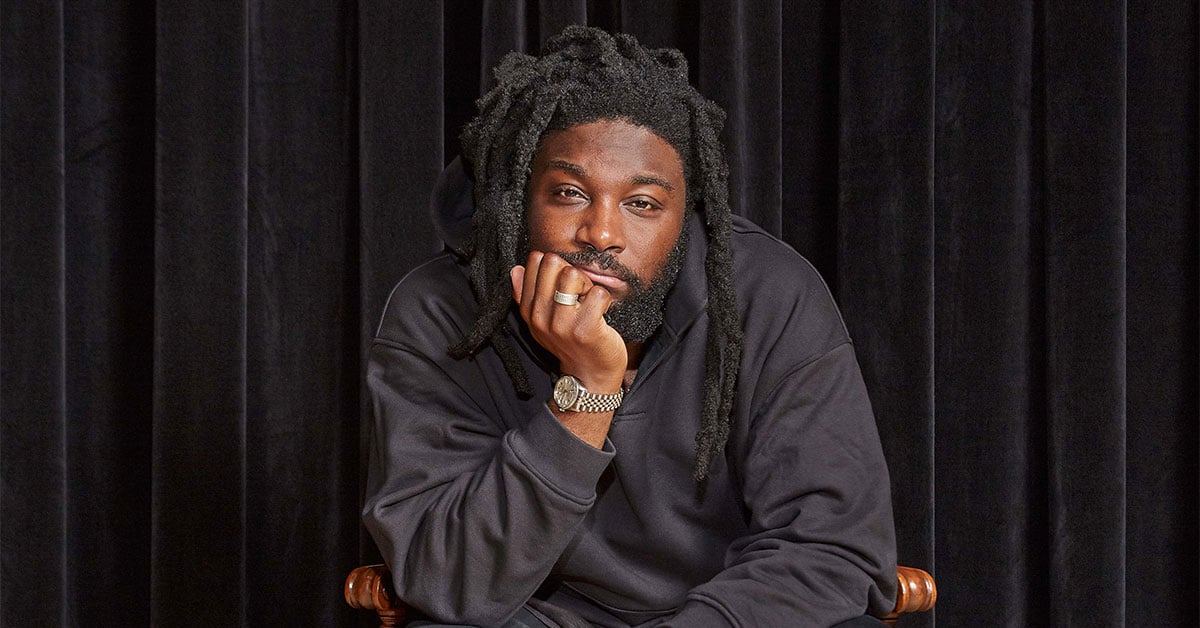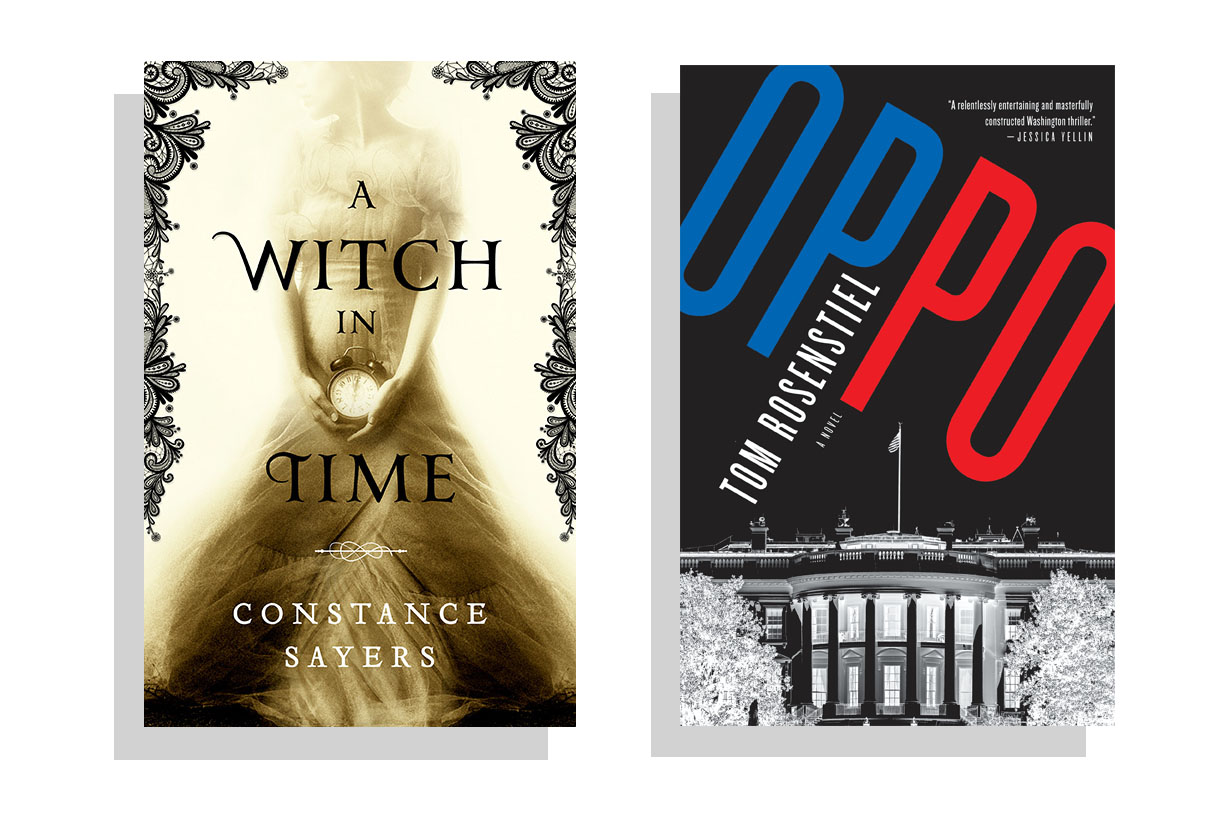George Pelecanos rarely identifies his characters, preferring to let their identities emerge from how other characters address and treat them. It sounds a bit precious until his people begin to speak. To quote from one of the stories in his new collection, The Martini Shot, “I took the ball and dribbled it up. I knew what I was gonna do . . . and I wasn’t thinkin on no job or college test or my future or nothin like that.”
No guessing, no cutesiness, no condescension. The internal chatter—in this case belonging to Tonio, a teen (there’s little doubt he’s African-American) doing his best not to run afoul of a neighborhood tough—adheres perfectly to the character and his situation. It’s gorgeous to witness, especially when intercut with a white cop’s slightly bored, bleary-eyed reports as he repeatedly runs into Tonio on his beat around Northwest DC’s Park View.
Juxtapositions of streetwise characters are at the heart of the naturalism Pelecanos has employed since his debut, A Firing Offense, in 1992. In his 19 subsequent novels, and as a TV writer and producer (The Wire, Treme, The Pacific), he has honed this style so well that it comes close to a form of social criticism, putting him, thematically at least, in company with the likes of Russell Banks, Toni Morrison, and Jane Smiley.
That quality has also earned him accusations of genre-hopping. As early as 2006, with The Night Gardener’s penetrating discussions of District neighborhoods, usually changing for the worse, Pelecanos showed signs of trying to join the ranks of literary novelists.
It’s a fair question, then and now. He has continued to refine his writing, and despite being every bit their match in machismo, Pelecanos has struggled to equal the sales of genre stalwarts like Michael Connelly and Dennis Lehane. Why not swerve in a new direction?
The Martini Shot is as close as he’s come to leaving crime fiction entirely behind. In several stories, the sense of perverted justice has a whiff of Dostoyevsky, at once hopeless and portentous. Like the Russian realists, Pelecanos knows his terrain intimately and loves it, despite its pockmarks and bullet holes and his characters’ bleak fortunes. “Wasn’t like us kids were gonna prove ourselves on the debate team,” a teenager in the story “Miss Mary’s Room” says, “so what it came down to was, be willing to steal someone in the face or get stole, or be a punk and walk away.”
Pelecanos shows he can faultlessly capture a patois even when he leaves Washington’s depressed neighborhoods. But as the stakes change, he loses his edge. The title novella, set on film sets in a Southern port city (the “martini shot” is the last camera shot of the day), winds up being the weakest effort of the bunch. It’s narrated by a producer who wants to mete out justice to his gaffer’s assassin. He sounds an awful lot like Pelecanos, but that’s not the problem. It’s that when Pelecanos steps away from his gritty, social-justice forge, he loses interest—and so will readers.
You’ll still want to read the novella for its movieland jargon and noirish atmosphere. The writing is professional and muscular—and occasionally pops a bicep for show. But this book proves that Pelecanos’s fiction is most transcendent precisely when he’s pounding on inequality and despair.
Further Reading:
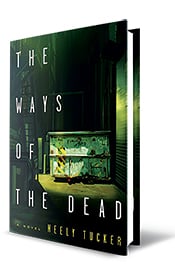
Washington Post reporter Neely Tucker delivers a somber, smart DC mystery investigated by an alter-ego named Sully Carter.
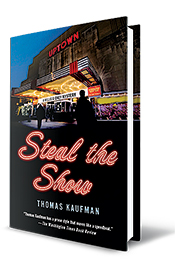
Filmmaker Thomas Kaufman’s cinematic sense informs his Willis Gidney mysteries, set in the District and crackling with racial and class tensions.
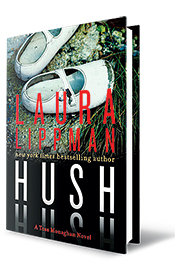
Laura Lippman, Baltimore’s prolific suspense novelist, combines urban grit with psychological wisdom about women’s lot.
This article appears in the January 2015 issue of Washingtonian.
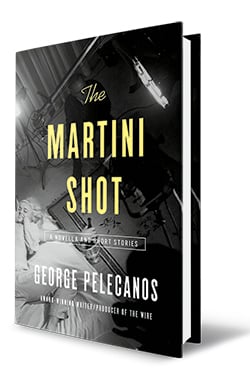
Publisher:
Little, Brown and Company
Price:
$17.31








